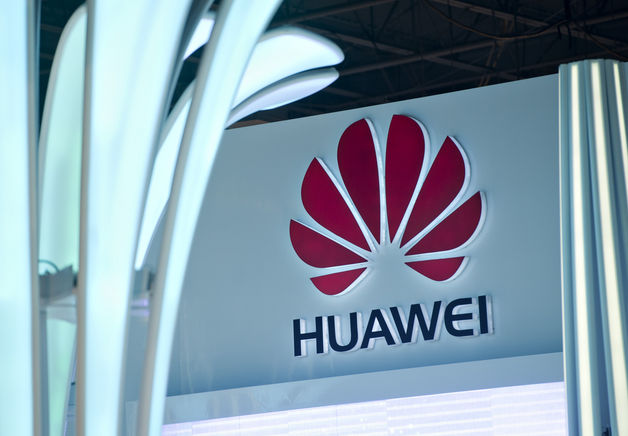  To position Malaysia as the venue for global professional training in next generation ICT technologies, Huawei, a leading global information and communications technology (ICT) solutions provider, has launched the Huawei Malaysia Global Training Centre (MGTC), the first global ICT training centre of its kind outside of China aimed at
Huawei also signed an agreement with tenlocal universities that will initiate the setting up of ten Huawei University Training Lab (HUTL) under MSC Malaysia MyUniAlliance (Huawei) programme in each of the universities to further cultivate the interest of students in the field of next generation ICT technologies, such as Cloud Computing, LTE, Fixed Broadband, etc, as well as work towards Huawei's goal of training and developing 10,000 Malaysian ICT professionals by 2016.
The Malaysian Government's drive to expand Malaysia's mark in the ICT field can be seen in the formulation of the Digital Transformation Programme and National Key Economic Areas as outlined in the Economic Transformation Programme in 2010. Huawei in support of this agenda in April 2011 signed an agreement with the Government of Malaysia to develop 10,000 ICT professionals over a period of five years and to ultimately develop their talents in order to achieve a knowledge and innovation driven economy.
In line with the Government's strategic thrusts under the Talent Roadmap 2020, Huawei introduced the development of the Human Capital Development Programme, which is aimed at boosting the development of Malaysian talents in the field of telecommunications and ICT, targeting undergraduates, fresh graduates and working professionals.
Under the programme, various initiatives in partnership with MDeC have been initiated as a catalyst between universities and industry transition, including the setting up of Huawei Advanced IP Technology and Optical Communication Labs at the MSC Malaysia Knowledge Workers Development Centre in Cyberjaya, the development of programmes under the MSC Malaysia MyUniAlliance programme that include HUTL, Train the Trainer and curriculum courseware for undergraduate students, the continuation of the MSC Malaysia Huawei Scholastic Awards and Job Camp for fresh graduates, and the implementation of the MyProCert certification programme for working professionals.
"We at Huawei have come to be inspired and motivated by the dedication of the Government to head towards a knowledge and innovation driven economy. We are proud to be able to contribute towards this goal by developing local talents and positioning Malaysia as a world class global ICT training hub, and now with the launch of the MGTC and corporation with the 10 local universities we are set to continue down this road", said Huawei Malaysia managing director Dai Jingyue.
The establishment of the MGTC and the agreement with the 10 universities is set to create further employment opportunities in the ICT sector, contributing towards the success of Malaysia in becoming a high income economy by 2020. Huawei's continuous efforts in this area aim to spearhead the government's economic development initiatives and are well on track towards achieving the Digital Malaysia status. |